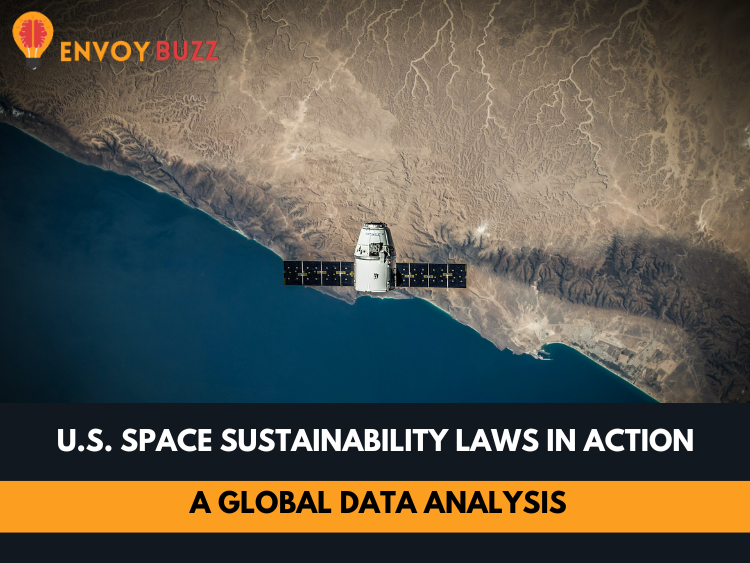In the vast expanse of outer space, where satellites, probes, and various spacecraft navigate the cosmos, a growing concern looms overhead—literally. The issue of space debris, defunct satellites, and remnants of past missions cluttering Earth’s orbit poses a threat that transcends national boundaries. As human activity in space intensifies, the need for a regulatory framework to ensure sustainable practices becomes more apparent than ever.
The United States, a key player in space exploration and technology, has taken a significant step towards addressing this concern. The introduction of space sustainability legislation marks a pivotal moment in the evolution of space industry activity. The recognition that one organization’s space debris is, indeed, everyone’s problem underscores the interconnectedness of the global space ecosystem.
Enforcing regulations in the vastness of space is undoubtedly challenging due to its international nature. However, the Federal Communications Commission (FCC) is positioned to play a crucial role in normalizing best practices. By setting standards and guidelines for space operations, the FCC can pave the way for a collaborative effort among nations to mitigate the risks associated with space debris.
One emerging sector within the space industry that directly tackles the issue of space debris is debris removal and mitigation. Companies like Astroscale and ClearSpace are at the forefront of this endeavor, pioneering novel technological solutions to physically remove debris from orbit. These companies are not only focused on cleaning up space but also exploring innovative approaches such as refueling and servicing active satellites.
The significance of extending spacecraft service life cannot be overstated. Not only does it cut costs in space operations, but it also addresses the problem of defunct craft lingering in orbit, waiting to de-orbit. The ambition and innovation demonstrated by these initiatives exemplify the spirit of New Space companies that have emerged in the last two decades. These companies challenge established aerospace primes by pushing the boundaries of technology and commercializing space in ways previously unimagined.
As outlined in GlobalData’s Space Sustainability report, the impact of space debris goes beyond immediate safety concerns. It extends to shaping the commercial landscape surrounding sustainable practices in space. Understanding the economic implications of space debris and the potential risks it poses to valuable assets, including satellites, reinforces the urgency of adopting responsible and sustainable practices.
For more blogs, please visit Envoybuzz

